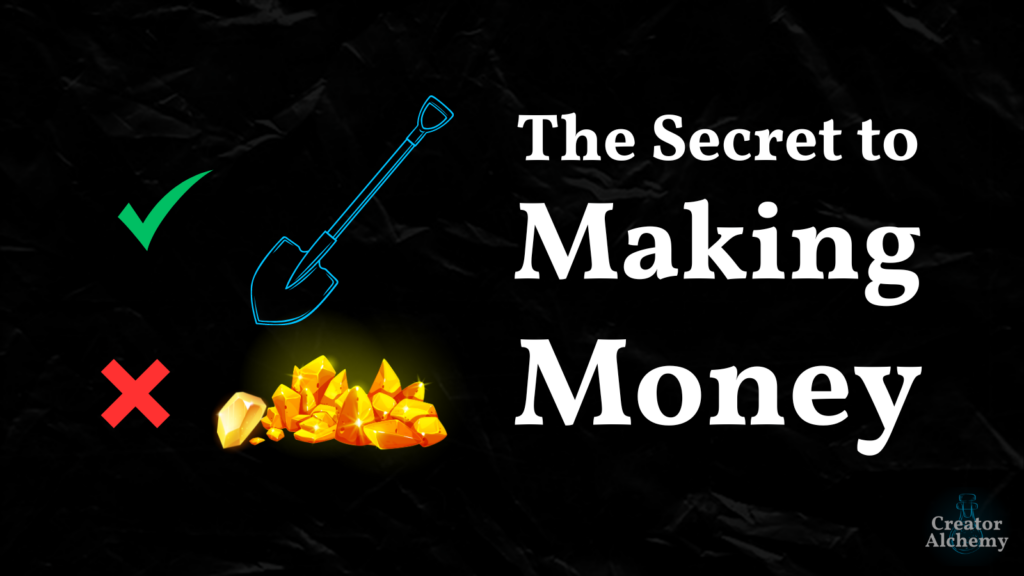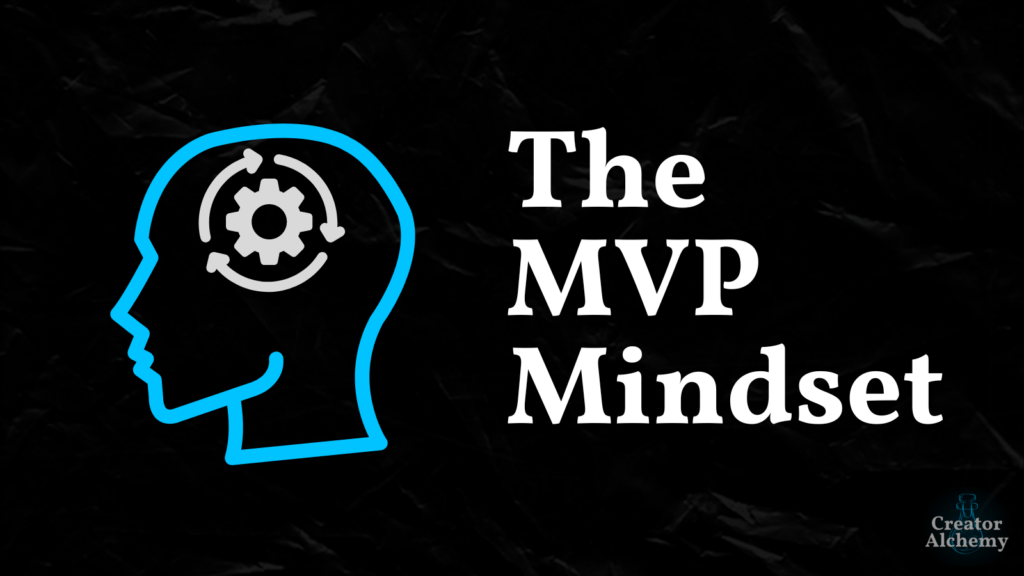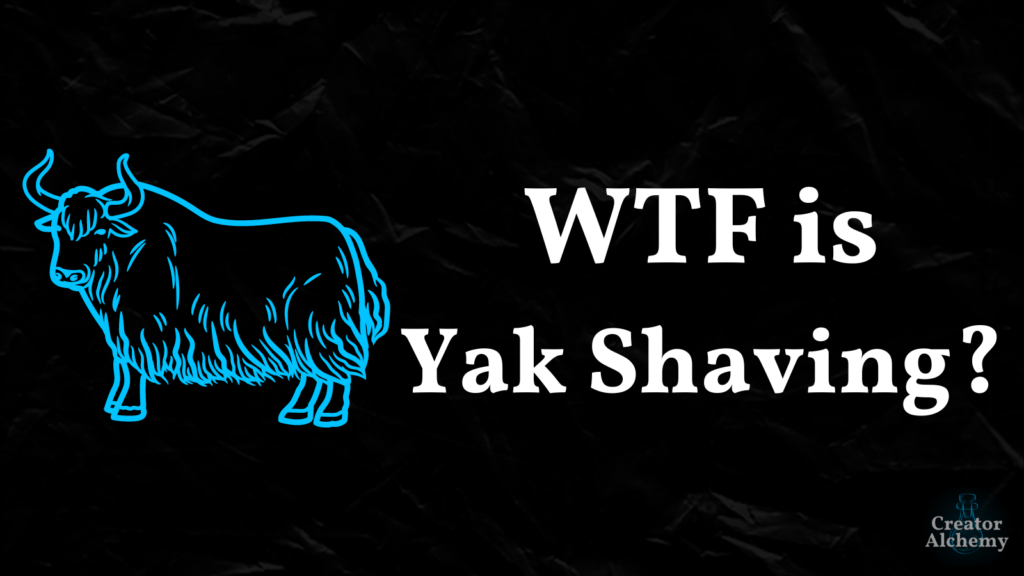I grew up up a holler — or hollow, as non-country folk call it. We call it a holler because the hills have good acoustics, so if you’re on one hill and need to talk to your neighbor on their hill, you yell — or holler — to communicate.
When you grow up up a holler, you talk different. You speak differently.
Wash is worsh. Police is poe-leese. Someone isn’t “a few miles down the road,” they’re up over yonder or down that ways a fair piece. Color is collar. You all is y’all.
Growing up up a holler, I saw beauty everywhere — hidden caves, rolling mountains, the myriad oranges and reds of autumn leaves on the forest floor, and stunning wildlife. Then there’s the people. Everyone up our holler was either related or considered family. They were salt of the earth: compassionate, altruistic, and hardworking.
Despite all the natural beauty and kind people I saw, there were two things I didn’t see — doctors and entrepreneurs.
The only time I saw these people was on tv — and they didn’t talk like me.
I thought educated, successful people didn’t have an accent.
So when I went to college, I decided to lose mine.
I adopted the Queen’s English and channeled my inner tv news anchor. I didn’t talk about where I was from. I became ashamed of my heritage and looked down on hicks, hilljacks, and rednecks. I equated country life with ignorance. So I shed all vestiges of rurality to avoid it holding me back in life.
My first few years at college reinforced these beliefs. I dated some uppity people from well-to-do families, and we sat around looking down our noses at the peasantry.
Slowly, I started hating the person I was becoming. I felt like a fraud. How could I love my family but hate rural people? My family was rural, and so was I. So how did it make sense that rural equaled bad?
By severing my connection with my roots, I felt disconnected from everything I valued, everything I loved, everything that made me who I was.
•••
One day I watched an interview with Whoopie Goldberg where she talked about why she joined the cast of Star Trek: The Next Generation. She told the story of how, when she was a child, she saw Nichelle Nichols’ character Uhura on the original Star Trek.
The first time she saw Nichols’ portrayal, she exclaimed to her mother, “Momma! There’s a Black lady on television and she ain’t no maid!”
Uhura was the first Black character to be portrayed in a “non-menial” role. This inspired Whoopie to go into showbusiness because it showed her Black women could be in tv and movies without being the “help” or embodying the “mammy” archetype.
Representation in media is a key factor in our beliefs of our potential. When we see other people who look like us doing great things, we learn that we’re capable of the same.
I realized I didn’t have any models — any mental representations — of successful doctors or entrepreneurs who sounded like me.
That was why I didn’t think I could have an accent and be successful.
But abandoning my roots left me feeling incomplete — I was trying to live without my heart, and my heart was still up the holler.
So I started letting my accent slip back into conversations. I spoke up about where I was from and my experiences growing up up a holler. And a funny thing happened — the more I embraced my authenticity, the more other people’s accents came out of the woodwork. I quickly realized many of the people I knew had done the same thing — they’d tried to lose their accent to fit in.
We’d all come from different hollers and hills and tried to hide it.
•••
Growing up, I didn’t have role models that were successful in business and talked like me. I can’t control that. But I can control being a role model for others —a beacon to the kids growing up in a holler or deep in rural areas who think they can’t amount to much because of where they’re from or how they talk.
So to anyone who thinks you have to lose your accent to make something of yourself, let me introduce myself.
My name’s Corey. I’m a doctor. I’m an entrepreneur. And I’m from up a holler. I say y’all and no one can stop me.
You can be whatever you want, and you can do it with a country twang in your voice.



